On June 29, 2023, the Supreme Court ruled race-based affirmative action in college admissions unconstitutional. This change dismantled a 60-year-old program and will heavily impact how every college and university in the United States, including Macalester, approaches admissions and diversity in their student body. To sustain their current environment, as well as improve it, Macalester is adjusting the way it handles admissions and outreach to underrepresented student populations.
President Suzanne Rivera wrote a statement on Macalester’s social media following the decision.
“At Macalester, assembling a diverse student body will remain a top priority and, though we are concerned about the effects of today’s Supreme Court ruling, we are prepared to do everything possible to ensure that the opportunity of a Macalester education remains accessible to everyone,” Rivera’s statement read.
Rivera wrote to The Mac Weekly about Macalester’s commitment to a diverse student body.
“Macalester remains committed to creating the most vibrant and diverse student body possible,” Rivera wrote. “We think it’s important for a variety of reasons. First, we think our student body should reflect the diversity of our country and world. Second, we believe the educational experience is richer when people from different walks of life live and learn together. Third, we know students are better prepared to enter a diverse workforce when they’ve had deep, meaningful engagement with people who see the world differently. Finally, we think the health of our democracy in the US relies on having an educated electorate, and that requires making college accessible to the broadest possible population of students we can admit.”
Administration and staff have been thinking acutely about how this affects Macalester. Jeff Allen, Vice President for Admissions and Financial Aid, emphasized Macalester’s continued commitment to inclusion in an email to The Mac Weekly.
“We have spent the last few months making the changes necessary to be legally compliant with the ruling, including suppressing applicants’ self-identified race/ethnicity from all staff members involved in the evaluation process,” Allen wrote. “Our commitment to creating a diverse community of learners, however, has not changed.
Outreach and recruitment efforts with a wide range of high schools and community-based organizations continue, helping to ensure that Macalester’s pool of qualified applicants is as diverse as possible. The College’s mission, values and commitments will continue to guide the College’s enrollment efforts.”
For students, however, many are unsure what this means for admissions and their personal experience at Macalester. To help with this confusion, the Lealtad-Suzuki Center for Social Justice (LSC) dedicated two of their Critical Dialogue events to talk about affirmative action.
The first discussion, held on Thursday, Sept. 28, featured Dr. T. Anansi Wilson, an associate professor of law at Mitchell Hamline School of Law and director of the Center for the Study of Black Life and the Law.
The second discussion, held on Tuesday, Oct. 3, featured Dr. Alina Wong, Vice President for Institutional Equity, and Elyan Paz, Assistant Vice President and Dean of Admissions. This session focused specifically on how Macalester is affected by the Supreme Court ruling, and how admissions aim to ensure the college continues to grow a diverse and equitable student population.
Paz and Wong discussed that admissions officers have always employed a race-conscious and comprehensive approach to applications, but the new ruling is meant to make sure the Macalester and other higher education admissions process are entirely race-blind. In previous years, admissions committees were able to view a student’s racial identity, if they chose to disclose it, but now this information is not available to admissions committees.
However, Paz and Wong emphasized there are opportunities for students to disclose how their heritage or cultural background has shaped their life. For example, the Macalester application has an optional question which asks students, “In what ways do your lived experiences, perspectives, or hopes for your college education connect with Macalester’s mission/learning environment?” No student is prohibited from mentioning their race in this essay.
“We will continue practicing holistic admissions when evaluating applications—thoughtfully considering an applicant’s academic achievements, all within the framework of their unique educational background and environment,” Paz wrote in an email to The Mac Weekly. “Additionally, we gain insights into their personality, motivations and aspirations by reading essays, lists of extracurricular activities and letters of recommendation.”
At the LSC discussion on Tuesday, the presenters asserted that Macalester is still committed to diversity and must continue to do work to maintain a welcoming, inclusive and diverse student population.
“…Despite the decision made in the summer, Mac is still in support of pushing for equality, equity and social justice,” Galjer Yangwaue ’27 said after the event.
The presenters also stressed that, with the constraints of a purposely non-race-conscious admissions process, Macalester needs to make sure it reaches a wide and diverse array of students. This can look different from affirmative action in admissions; Macalester can work to reach out to underrepresented students through programs like Pre @ Mac — a virtual event for high school students — or by establishing a presence in underrepresented schools and communities so students feel more comfortable applying. This way, when the demographic of students applying is already racially diverse, admissions will have a better chance of ensuring a diverse student body even with race-blind admissions.
Students present at the Critical Dialogue event expressed how they left with a better understanding of how Macalester can respond to the Supreme Court ruling, and some voiced reassurance.
“It’s really good to see that Mac is supporting us underrepresented students,” Antonio Avilez ’25 said after the discussion. “Even in this very scary political environment, we still have some support here.”

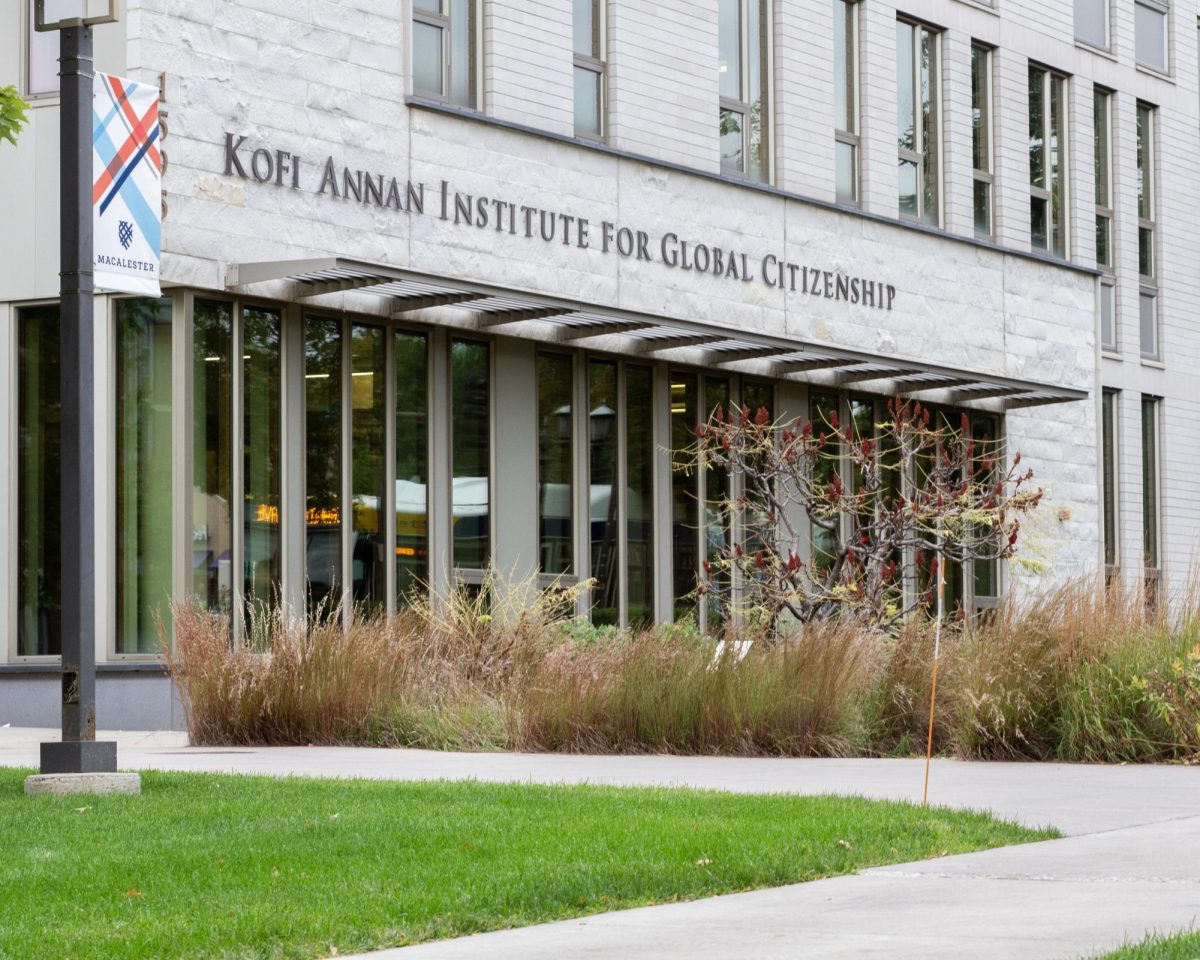
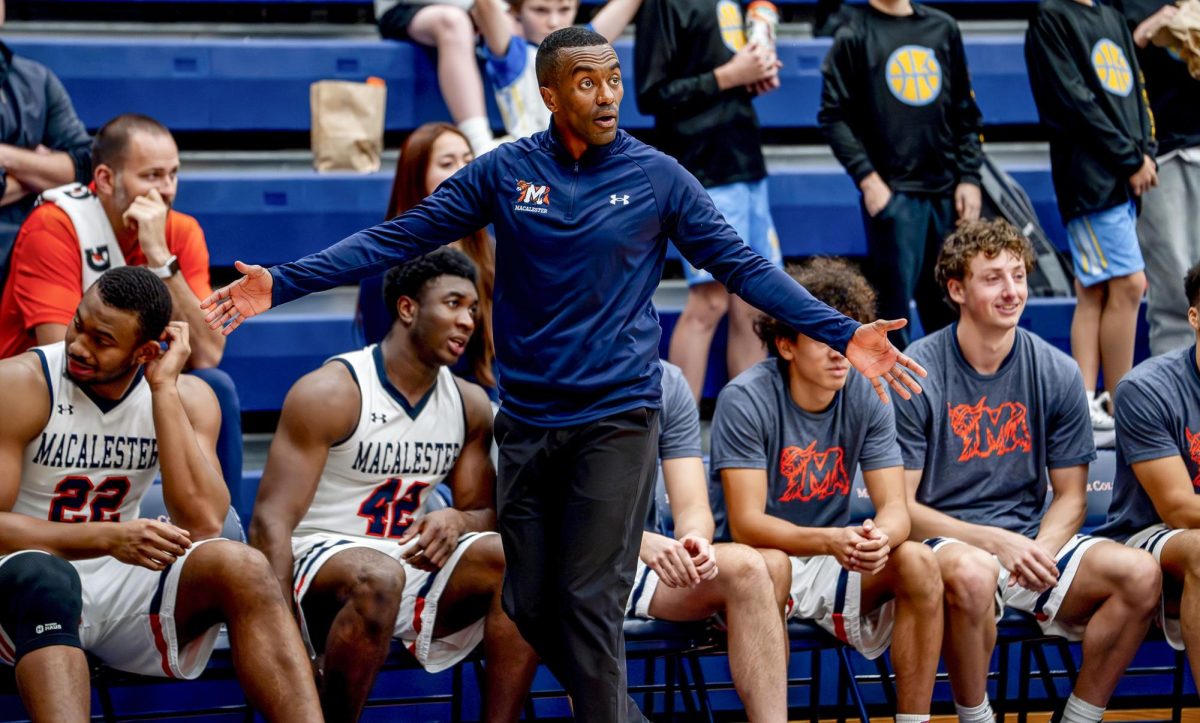

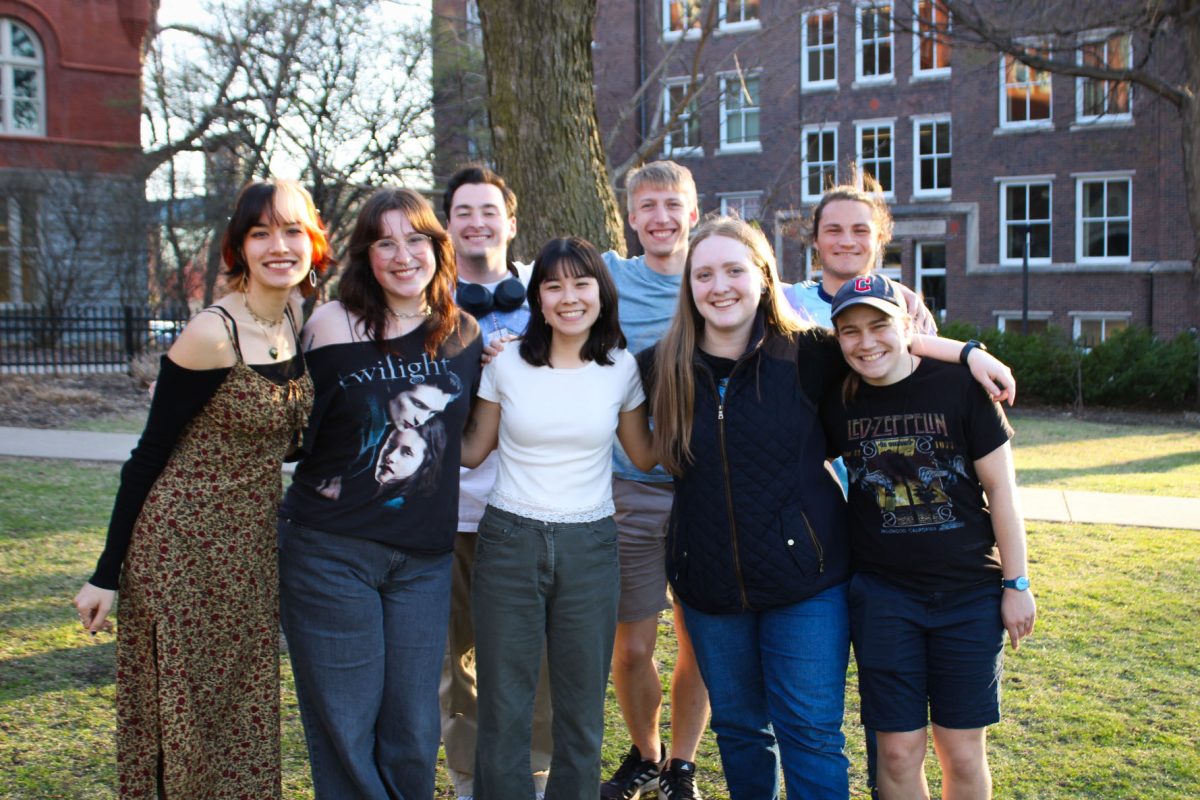
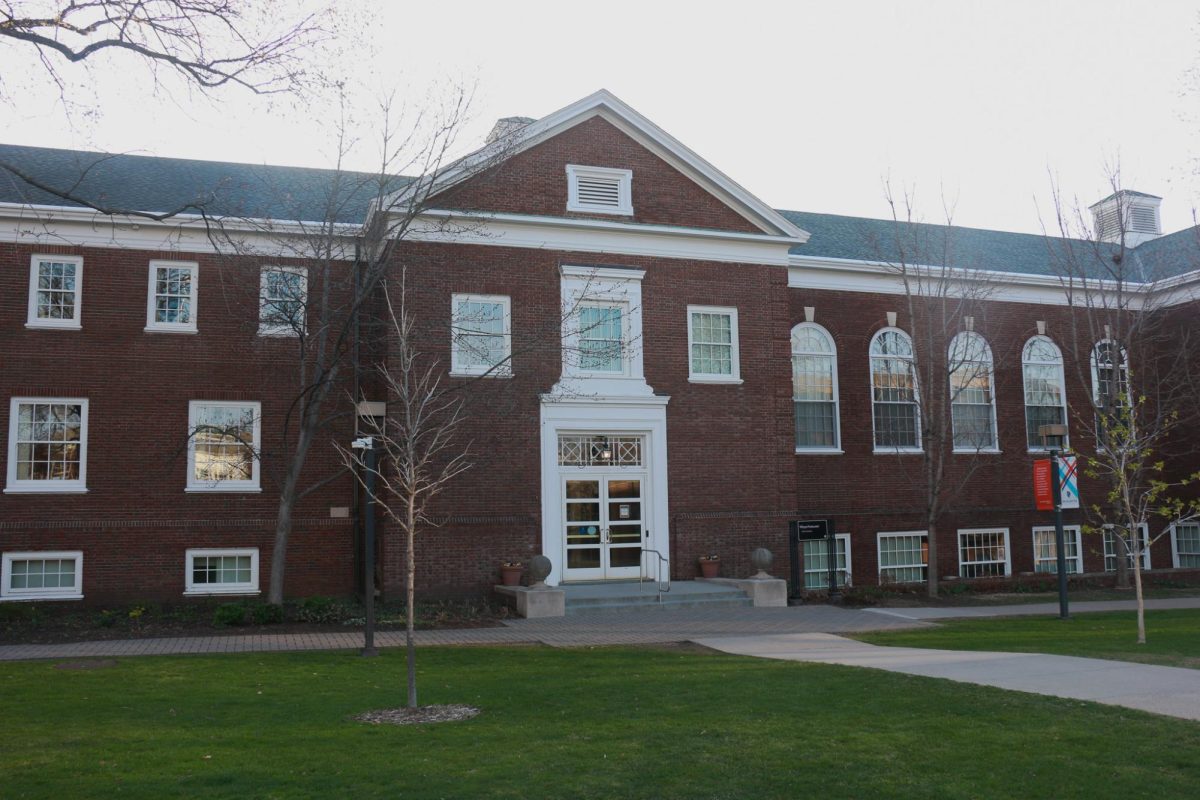


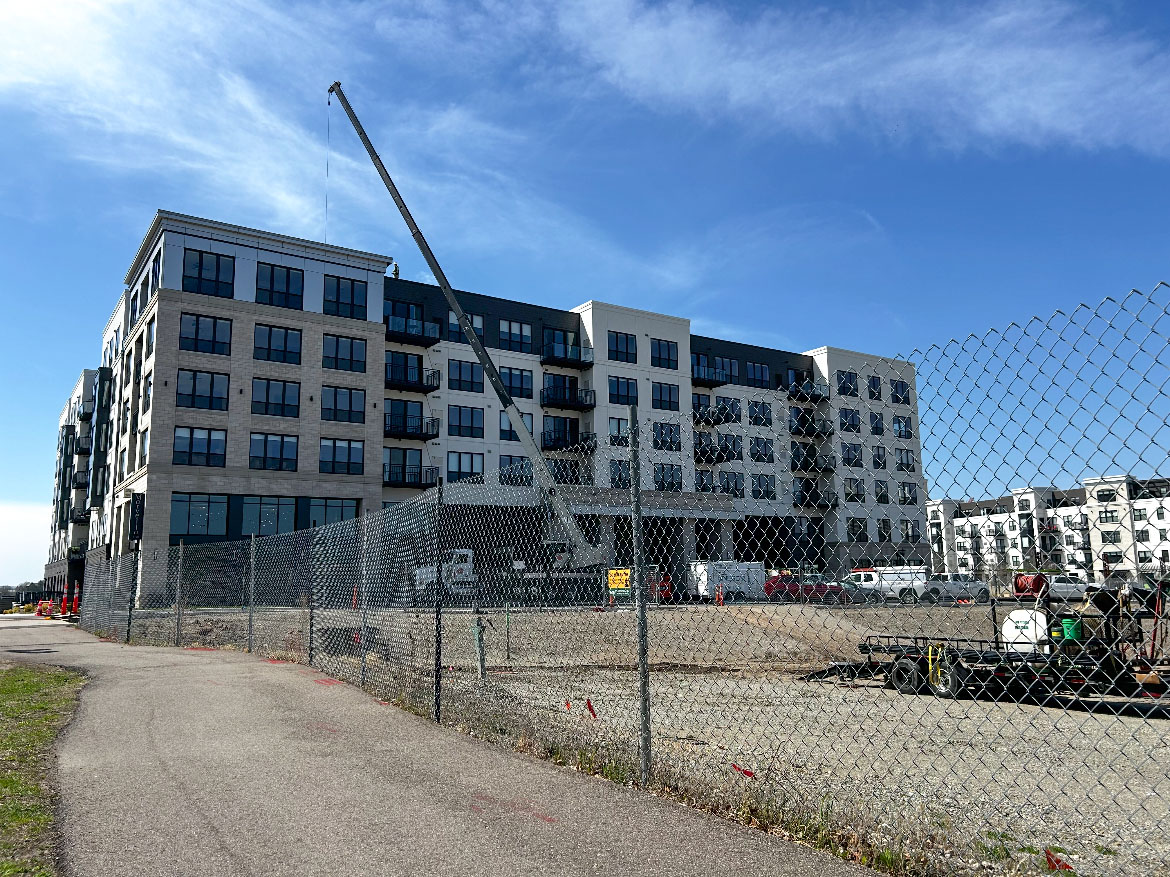


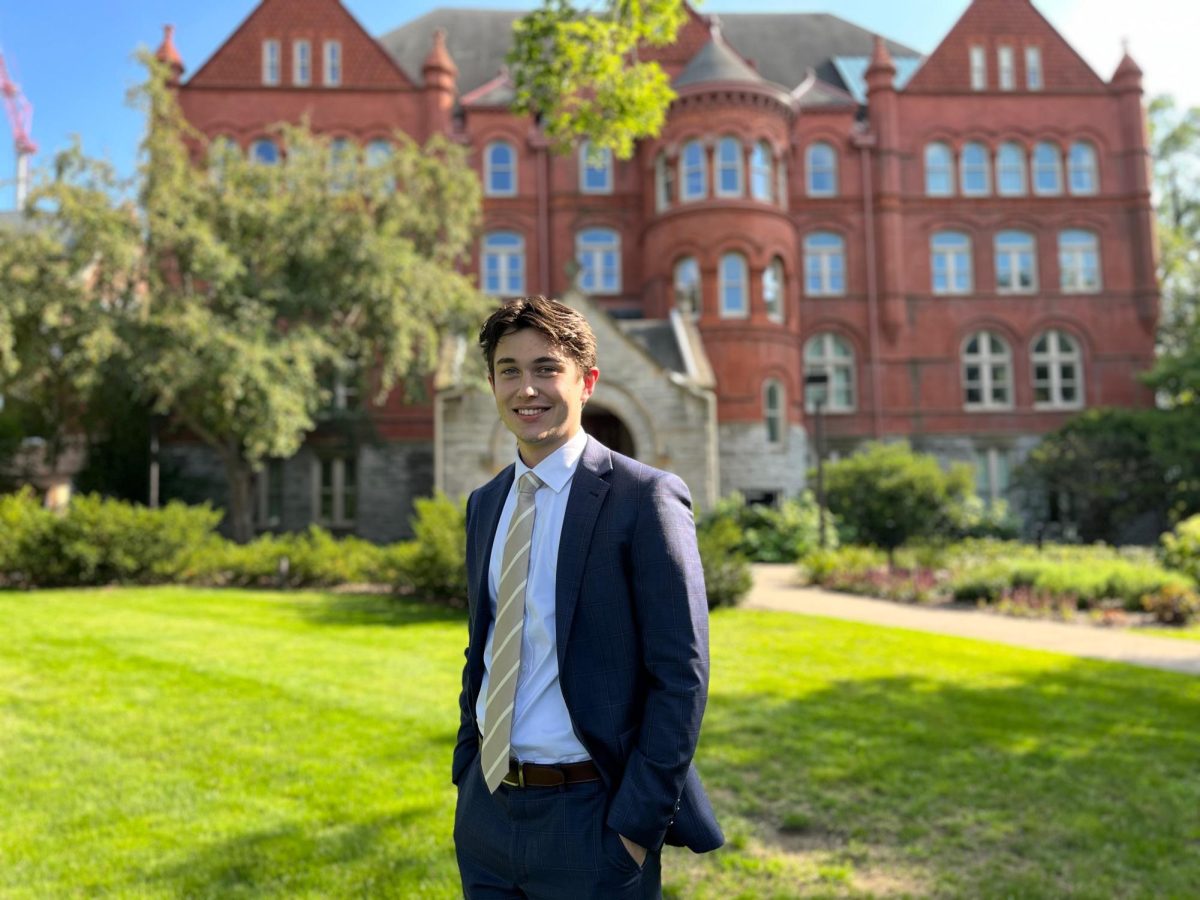



Austin Calamario • Oct 10, 2023 at 4:53 pm
I’m sure the admissions committee will have a difficult time sorting out what race is sending in the applications coming in from Lagos and Seoul ! As far as admitting a high rate of American Blacks, does Macalester do that?